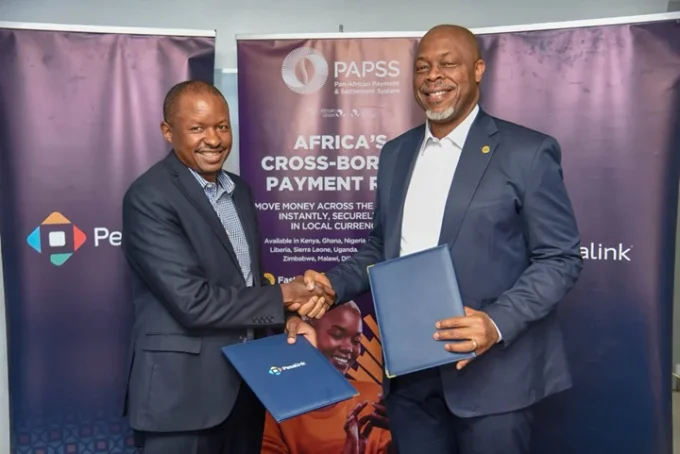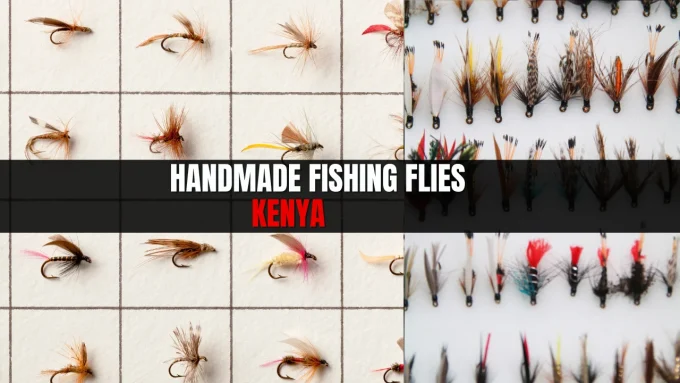Huge quantities of cheap sugar are lying at the Port of Mombasa after unscrupulous traders found ways to import it into the country despite an order by Agriculture Cabinet Secretary Peter Munya banning the importation of cheap sugar.
According to an insider at the Kenya Revenue Authority (KRA), records show how companies have allegedly imported sugar between 500 and 1000 tonnes mostly from Zimbabwe and Zambia.
Some 1000 metric tonnes of sugar has been imported from Zambia, 1000 metric tones from Zimbabwe, another 1000 metric tonnes from Zimbabwe, 1,000 metric tonnes from Zimbabwe, 1,000 metric tonnes from Mauritius, 500 metric tonnes from Zimbabwe, and 1,000 metric tonnes from Zimbabwe by seven companies both local and international.
Another 1,000 metric tonnes from Zimbabwe, 5,00 metric tonnes from Zimbabwe, 1,000 metric tonnes from Zimbabwe, and 1,000 metric tonnes from Zimbabwe by another four companies bringing the total imported sugar to 11, 000 metric tonnes.
This is despite the fact that Agriculture Cabinet Secretary Peter Munya expressly banned the importation of brown and white sugar last month including raw sugarcane mostly from Uganda for processing by local millers in Western Kenya.
“The Ministry of Agriculture has immediately suspended the importation of brown/white sugar into the country until further notice. Suspended pre-shipment approvals and extensions of all sugar import permits with immediate effect until further notice,” the orders stated.
The orders further ceased processing all applications for the importations of brown sugar which now need to be subjected to the sugar imports/exports regulations soon to be gazetted.
Munya said that the Ministry will work closely with counterpart agencies to intensify cross border surveillance along the Kenya-Uganda border to ensure that there is no smuggling of raw sugarcane from Uganda into the country for milling in Kenya.
“I have also directed the Kenya Sugar Directorate to ensure that all these orders are complied with and implemented with immediate effect,” he said.
However, our source indicated that the above-mentioned quantities of sugar have already been imported into the country by the said companies in total contravention of the banning orders issued by the ministry.
Speaking via a phone interview, Agriculture and Food Authority (AFA) Director-General Antony Muteithi denied having knowledge of the said sugar that had been imported into the country and promised to make a follow-up to get to the bottom of it.
Joseph Wandera a farmer and Transporter from Busia County observed the orders caught millers and farmers in this region totally unawares with some counting huge loses after thousands of their raw sugarcane that they had imported from Uganda is rotting in trucks stranded at the border because they cannot be allowed into the country.”
“The fact is that locally we do not have enough sugarcane supplies from our sugarcane farmers to sustain our sugar factories because they stopped growing the crop after decades of frustrations in dealing with the only cash crop in the region,” said Wandera.
He said the most critical issue was delayed payments of the farmers’ dues for crop delivered which totaled more than Ksh3 billion shillings for the now grounded giant Mumias Sugar Company that used to produce half of the sugar consumed in the country then at more than 650, 000 tonnes annually.
The immediate chairman of Kenya Sugarcane Growers Association (KESGA), Ibrahim Juma said that this state of affairs has thrown many millers in the region into a total crisis that has never been experienced before in the sugar industry.
“Some of the worst hit are new millers like the Busia Sugar Industries (BSI) whose Sugarcane Development Programme was thrown into a total mess following prolonged malicious legal action to stop its establishment by some competitors,” said Juma.
He said it took President Uhuru Kenyatta’s intervention for the more than Ksh4 billion BSI factory at the Nasewa area in Busia County to be able to start producing sugar last year.
Juma said that now without raw sugarcane supplies to keep the factory churning out sugar the newest miller in the country is threatened with imminent closure with extremely huge financial losses since it had to import the crop from Uganda to sustain itself.
“What is compounding the whole mess is the fact that despite the government banning the importation of brown/white sugar there are companies with well-connected individuals who are importing the commodity with total impunity thus totally jeopardizing the future of our local sugar industry.”he said.
In a press statement issued at the beginning of last month, Mr. Munya said the Kenyan Sugar industry is a significant employer and contributor to the national economy.
“The industry is intricately woven into the agricultural economies of Counties in Western Kenya with an emerging presence in the Coastal area, specifically Kwale. In 2019 the country produced 440,935mt against a consumption of 1,038,717MT,” he said.
The CS said that other than sugar consumption for food, the Kenyan Sugar industry has the potential to generate 260MW of electricity and produce enough ethanol to run all the vehicles currently running on diesel. That is, in addition to the employment and income it provides presently to Kenyans in the sugar belt.
“Sugarcane is as essential a cash crop as are tea, coffee, horticulture, and even maize. However, for the industry to meet this potential, reforms to its existing structure are pertinent. Without the production of ethanol and power to drive its processing, Sugar will remain an expensive commodity to most Kenyans. The production of these two additional products will cross-subsidize the cost of sugar production, making it cheaper, as is the case in countries such as Brazil and Mauritius.” he added.













Leave a comment